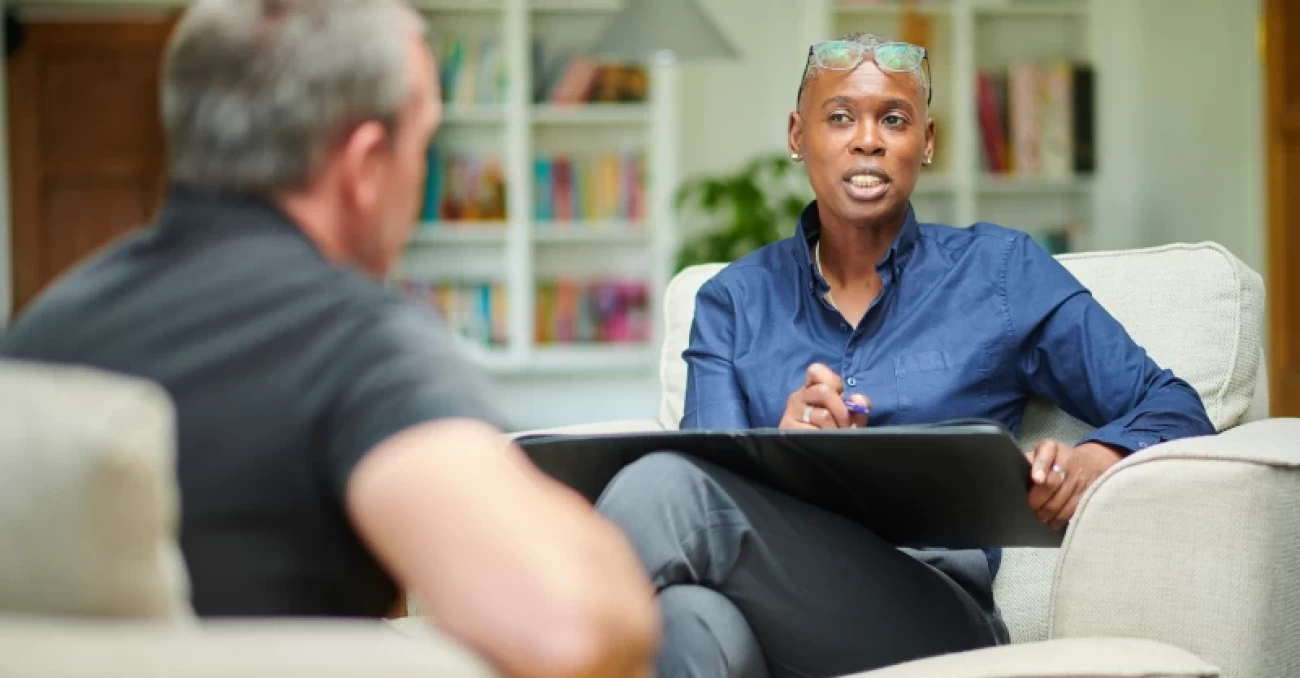Browse by category

The Gentle Ultimatum Tip #1 of 3 Tips for CBT Addictions Treatment
Tip #1: The Gentle Ultimatum – What to do when our patients ask for the impossible
There are many situations during which our patients ask us for things we cannot do. For example, help improve depression while regularly smoking marijuana, help them with anxiety without doing exposure work, or help with alcohol addiction without quitting alcohol use.
In TEAM-CBT we look at empathy as a skill set. The gentle ultimatum technique helps us climb out of therapy traps and it sets us up for successful therapy.
Let’s say that we’re working with Stephanie, a 55 year-old sales executive. Stephanie stated she wants help with her drinking. She agrees with our assessment that she meets criteria for alcohol dependence. She also states that she knows she needs to stop drinking. However, she doesn’t feel she has any other coping skill to deal with the many stressors in her life. Instead of stopping drinking right now she asks to start with learning more coping skills and only then try and quit. How do you answer her?
According to TEAM CBT, accepting Stephanie’s request will bound therapy to failure. In fact, we view accepting such a request as almost unethical as it may put us in a position of maintaining and supporting the problem our patient is looking to get help with and solve. One option is to offer a gentle ultimatum. It is constructed of several of the five secrets of effective communication with a dose of hopefulness (“dangling the carrot”) and letting our patient choose (“sitting with open hands”).
“Stephanie, it makes perfect sense that you want to have other coping skills before giving up the only coping mechanism that’s been working for you. Especially given how stressed you’ve been feeling. I admire you for coming here to get help with your drinking. So few people are even able to acknowledge that they have a problem with it let alone ask for help. I have great tools to help you feel better equipped and less overwhelmed and stressed. At the same time I’m concerned I may lose you as a patient, as I don’t know how to help people learn new copying skills as long as alcohol and the option of using it is on the table. If you choose to stop drinking I will do everything in my power to help support you teach you skills and have the outcome you wish for in therapy. (Now, the gentle ultimatum) However, if that’s not something you are ready to do, I would totally understand. Some therapists take a different approach and I can give you some referrals. That certainly won’t be my preference. My preference would be to get to work with you in a way that can help you achieve your goals. I have a lot of respect for you and my door will always be open to you when you feel ready to make the kind of commitment that’s necessary to achieve the change you are hoping for.”